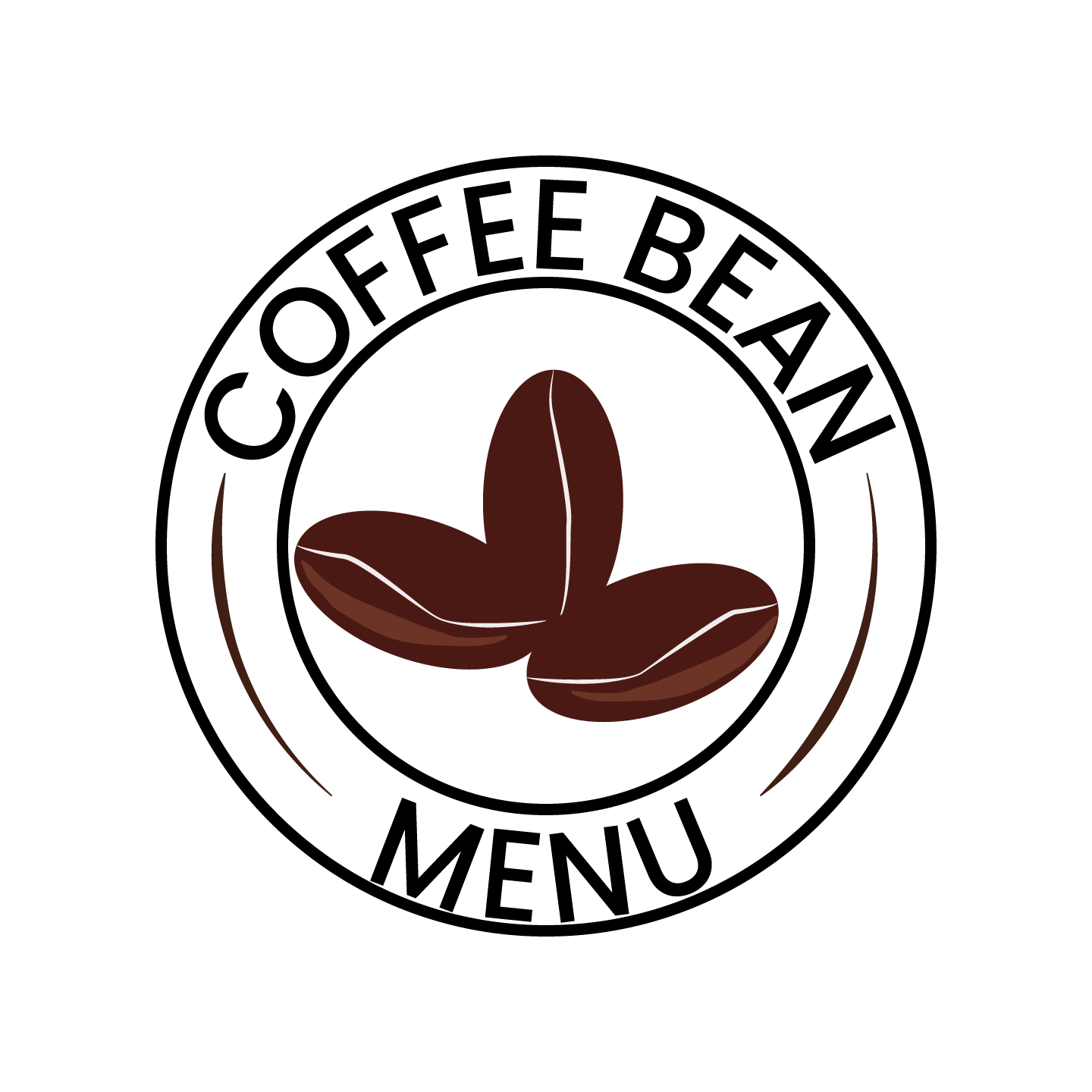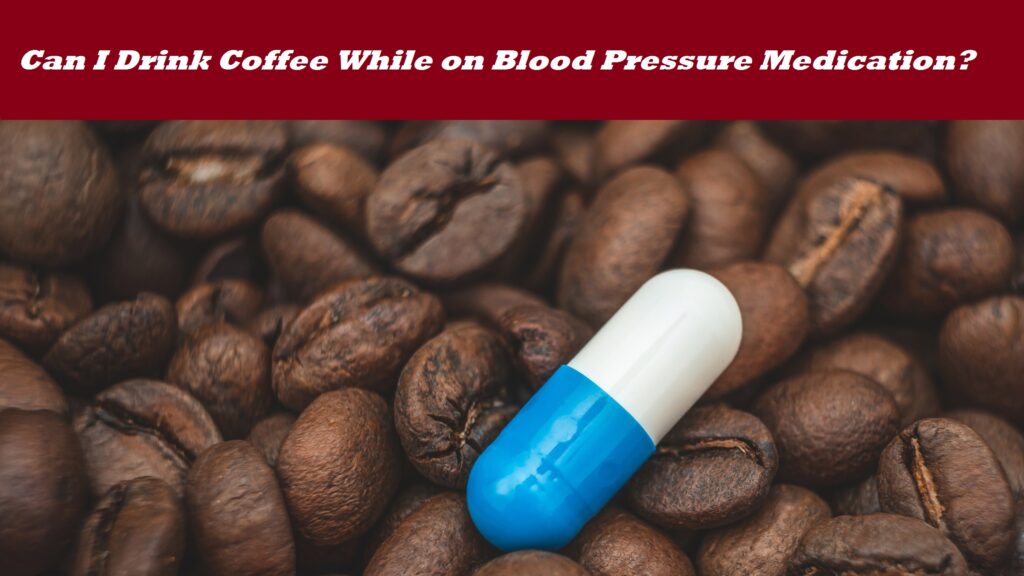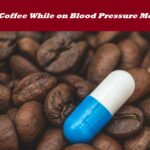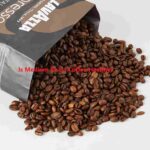Can I drink coffee while on blood pressure medication? The answer is both yes and no. As a devoted coffee enthusiast navigating the complexities of managing hypertension, this question has been a constant source of uncertainty. Like many others in my position, I’ve grappled with the desire to enjoy my favorite beverage while ensuring I’m taking the necessary steps to safeguard my health. While coffee can offer comfort and pleasure, its interaction with blood pressure medication requires careful consideration.
In this article, I’ll delve into the intricacies of this dilemma, drawing from personal experience and scientific insights. Together, we’ll explore the potential impact of coffee on blood pressure and how it may interact with different types of medication. Whether you’re a fellow coffee lover seeking guidance or simply curious about the relationship between coffee and blood pressure, join me on this journey to uncover the answers. So, can you have that morning cup of joe while on blood pressure medication? Let’s navigate this question together.
Understanding Blood Pressure Medication
Before delving into the coffee dilemma, it’s essential to grasp the fundamentals of blood pressure medication. Hypertension, commonly known as high blood pressure, is a chronic condition that requires ongoing management to prevent serious health complications such as heart disease, stroke, and kidney failure.
There are several classes of blood pressure medication, each targeting different mechanisms to regulate blood pressure:
- ACE inhibitors: These medications block the production of angiotensin II, a hormone that constricts blood vessels, thereby lowering blood pressure.
- Beta-blockers: These drugs reduce heart rate and cardiac output by blocking the effects of adrenaline, thus decreasing blood pressure.
- Calcium channel blockers: These medications prevent calcium from entering the cells of the heart and blood vessel walls, leading to relaxation of blood vessels and lower blood pressure.
- Diuretics: Also known as water pills, diuretics help the body eliminate excess sodium and water through urine, reducing blood volume and pressure.
It’s crucial for individuals prescribed blood pressure medication to adhere to their prescribed regimen, as consistent control of blood pressure is essential for preventing complications associated with hypertension.
Impact of Coffee on Blood Pressure
Now, let’s explore the impact of coffee on blood pressure. Coffee is one of the most widely consumed beverages globally, beloved for its rich flavor and stimulating effects, courtesy of its primary psychoactive ingredient: caffeine.
Caffeine is known to exert various physiological effects on the body, including its influence on blood pressure. Upon consumption, caffeine stimulates the central nervous system, leading to increased heart rate and temporary elevation of blood pressure. This effect is attributed to caffeine’s ability to block the action of adenosine, a neurotransmitter that promotes relaxation and dilatation of blood vessels.
Research findings on the relationship between coffee consumption and blood pressure have been mixed. While some studies suggest that regular coffee intake may lead to a modest increase in blood pressure, others indicate no significant association. Moreover, individual responses to caffeine can vary widely, with factors such as genetics, tolerance, and overall health playing a role in determining susceptibility to its effects.
Despite the transient spike in blood pressure following coffee consumption, the long-term impact on overall blood pressure control remains uncertain. However, for individuals with hypertension or those at risk of developing high blood pressure, it’s essential to consider the potential implications of regular coffee consumption on their cardiovascular health.
Interactions between Coffee and Blood Pressure Medication
The million-dollar question remains: Can you drink coffee while on blood pressure medication? The answer isn’t black and white, as it depends on various factors, including the type of medication prescribed and individual response to caffeine.
Certain blood pressure medications may interact with coffee, potentially amplifying or attenuating its effects on blood pressure. For example:
- Beta-blockers: Since both caffeine and beta-blockers can increase heart rate, consuming coffee while on beta-blockers may lead to excessive cardiac stimulation and potentially exacerbate side effects such as palpitations and anxiety.
- Calcium channel blockers: Caffeine can interfere with the efficacy of calcium channel blockers by reducing their absorption or increasing their metabolism, thus compromising their ability to lower blood pressure effectively.
- Diuretics: Coffee’s diuretic properties may potentiate the effects of diuretic medications, leading to increased urine output and electrolyte imbalance if consumed excessively.
While these interactions may raise concerns, they do not necessarily imply that coffee should be completely off-limits for individuals on blood pressure medication. Instead, it underscores the importance of moderation and informed decision-making regarding coffee consumption.
Consulting with a healthcare provider is paramount for individuals seeking guidance on managing coffee intake while on blood pressure medication. Healthcare professionals can offer personalized recommendations based on individual health status, medication regimen, and lifestyle factors.
Tips for Coffee Lovers on Blood Pressure Medication
For fellow coffee enthusiasts grappling with the dilemma of coffee consumption while on blood pressure medication, here are some tips to strike a balance between enjoying your favorite brew and maintaining optimal blood pressure control:
- Know your medication: Understand how your blood pressure medication works and its potential interactions with caffeine.
- Monitor your blood pressure: Regularly monitor your blood pressure to assess the impact of coffee consumption on your cardiovascular health.
- Limit caffeine intake: If advised by your healthcare provider, consider reducing your caffeine intake or switching to decaffeinated coffee to minimize its effects on blood pressure.
- Time it right: Consume coffee at least a few hours before or after taking your blood pressure medication to minimize potential interactions.
- Stay hydrated: Balance coffee consumption with adequate hydration to prevent dehydration, particularly if you’re on diuretic medication.
- Listen to your body: Pay attention to how your body responds to coffee and adjust your consumption accordingly, taking note of any adverse effects such as palpitations or anxiety.
Is Medium Roast Coffee Healthy?
Conclusion
In conclusion, the question of whether you can drink coffee while on blood pressure medication doesn’t have a one-size-fits-all answer. As a coffee lover navigating the complexities of hypertension management, I’ve come to realize the importance of informed decision-making and collaboration with healthcare professionals.
While coffee can bring joy and comfort to our daily lives, it’s essential to prioritize our health and make conscious choices that align with our individual needs and circumstances. Whether it’s moderating coffee intake, exploring alternative beverages, or seeking guidance from healthcare providers, finding the right balance is key to enjoying the best of both worlds – the pleasures of coffee and the benefits of optimal blood pressure control.







